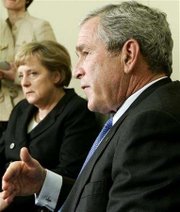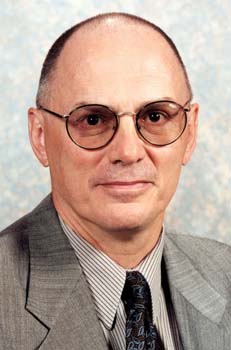Conservatives introduce legislation to fix election dates in Canada and to reform Senate


Canadians would go to the polls every four years under legislation introduced today by the federal government.
The Conservatives are proposing fixed election dates for the third Monday in October in the fourth calendar year after the last voting day.
It's part of a wider package of democratic reforms, under which the Conservatives also introduced a constitutional amendment to limit new senators to eight-year terms.
MICHAEL McCAFFERTY COMMENTS:
Prime Minister Stephen Harper and the Conservative Government are to be congratulated for introducing democratic reform in Parliament. This shows real leadership and vision.
















